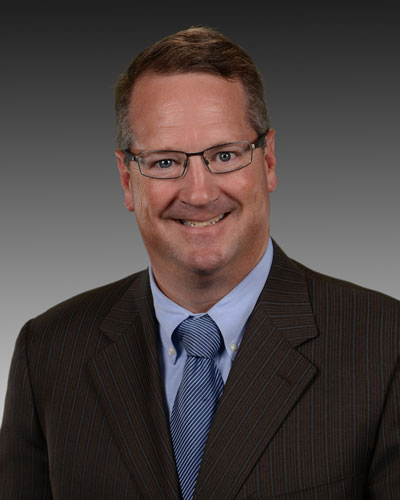Not all suspected OUI infractions involve alcohol, but in the past, police officers who performed vehicle stops due to erratic driving were limited by their inability to test drivers for substances other than alcohol. The Drug Recognition Evaluation (DRE, also drug recognition expert) was developed in 1979 by the LAPD to give law enforcement in the field a reliable means of testing for substances other than alcohol upon encountering an incapacitated driver who tests negative for alcohol. The drug recognition expert follows a 12 step protocol designed to effectively determine not only if a suspect is under the influence of a substance other than alcohol, but also what that substance is.
DRE in the Courtroom
Numerous cases have upheld the admissibility of DRE testimony in the courtroom, which suggests that the underlying theories of the Drug Recognition Evaluation program are sound. However, it has been argued that a critical examination of the DRE using the Frye and Daubert-Kumho tests for the admissibility of scientific evidence, drug recognition expert testimony should not be used as evidence that a driver was operating a vehicle under the influence of drugs.
In either case, it should be noted that there have been many OUI cases where the testimony of the DRE was admissible, but the prosecuting attorneys were barred from referring to the DRE certified officer as an “expert,” even though it was acknowledged that his or her testimony was more informed than that of a layperson. For example, in a 1997 case, Judge Joan G. Seitz ruled that “reference to the trained police officer as an ‘expert’ in the presence of a jury would be a comment on the evidence and would lend undue weight to one person’s testimony and credibility.”
Currently, whether or not DRE testimony is admissible in the courtroom is decided on a case by case basis by the presiding judge.
The Case for Admitting DRE Testimony
Those who argue in favor of admitting drug recognition expert testimony often cite its basis in science, the longevity and usefulness of the program, and the fact that the protocol errs in favor of the subject being tested. In 1997, Judge Ronald Kessler observed that “Lay witness in Washington may testify to an opinion of alcohol intoxication… The plaintiff has established that a police officer trained in drug recognition protocol is more than a lay witness, i.e., has greater expertise in recognizing the physiological effects of certain controlled substances than the average citizen.” Similarly, Judge Joan G. Seitz stated that “The DRE protocol relies upon a series of tests taken from other scientific and medical specialities. The technique is not novel. It simply relies upon a specific series of tests used for other purposes and relies upon the trained observer to interpret the behavior demonstrated by the subject. The subjective interpretation of the expert is qualified through training and the expert’s conclusions are measured against the toxicological analysis of the subject’s urine.”
The Case Against Admitting DRE Testimony
Opponents of DRE admissibility often argue that while the basic scientific and medical procedure is sound, the individuals performing the Drug Recognition Evaluation are police officers, not trained scientists or medical professionals. Furthermore, though the DRE protocol has been in use for more than 30 years, no formal evaluation has been performed so the drug recognition evaluation program continues to be an experiment rather than a proven law enforcement tool. In 1992, a Baltimore judge ruled DRE testimony inadmissible, stating that “there is [not] a relevant scientific community whose general consensus is that the Drug Recognition Program with nothing else is sufficiently reliable to indicate that one is under the influence of a specific drug or even a specific category of drugs.”
It is precisely criticisms like these that make it vital that anyone who has undergone a DRE evaluation needs to hire an experienced attorney ready, willing, and able to challenge the admissibility of the DRE opinion and protocol outside and inside of the courtroom based on the current state of the law as it relates to scientific evidence and expert opinions.
OUI attorney Michael Bowser has years of experience successfully defending those accused of drunk driving in Massachusetts and New Hampshire. If you have been charged with an OUI in Massachusetts or New Hampshire or have questions about OUI penalties in either state, it is vital that you talk to representation who understands the law. Call Attorney Michael Bowser today at 1-888-5BOWSER to discuss DUI penalties and your individual circumstances.



